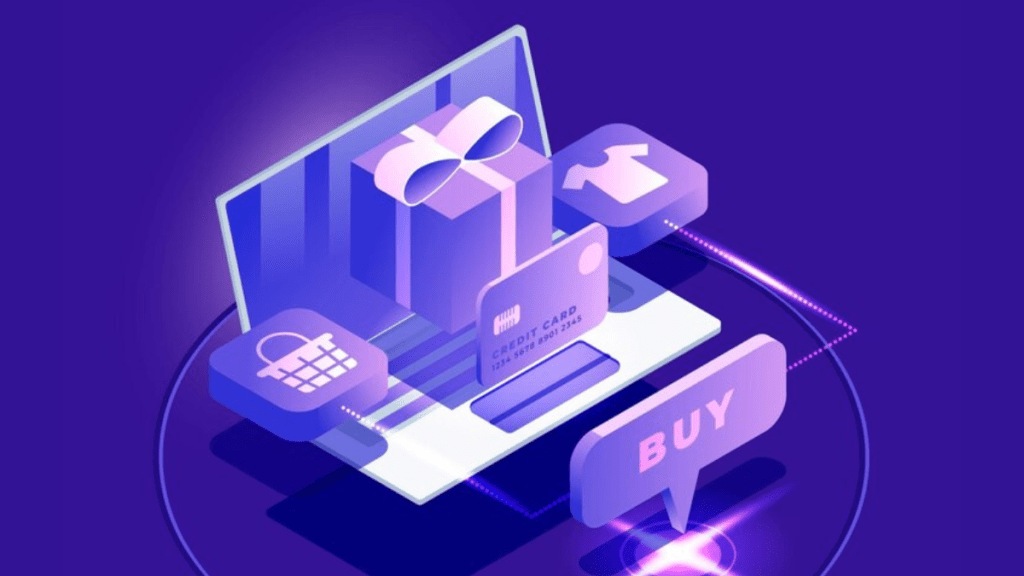In today’s evolving shopping landscape, the term ‘Direct-to-Consumer’ (D2C) often comes up. But what does it actually mean, and why is it important? In India, the total addressable direct-to-consumer (D2C) market is expected to grow by over 15 times from 2015 to 2025, as per market research firm Statista. In 2020, the total addressable D2C market was valued at $33.1 billion. By 2025, the total addressable D2C market is forecast to grow almost threefold and reach $100 billion, with fashion and accessories leading as one of the largest D2C segments in India. Here’s an explanation.
What is Direct-to-Consumer (D2C)?
Direct-to-consumer (D2C) is a business model where brands sell their products directly to consumers, bypassing traditional retail intermediaries such as stores or distributors. This means that instead of purchasing through a third-party retailer, you buy straight from the brand’s own website or store.
In India, with roughly over 600 million internet users and 185 million online shoppers, the country has the third-largest digital shopping base after the United States and China. This means that D2C, or digital-first brands, which use the online platform to sell directly to the consumers without the traditional distribution network of wholesalers, stockists, and retailers, are experiencing an upsurge. Currently, India is home to 600 or more direct-to-consumer brands with estimated market size of over $66 billion in 2023, as per market research firm Statista.
Why D2C Matters
Control over branding and quality
D2C brands maintain full control over their products and branding. This ensures that the product you receive is exactly as the brand intended, without any alterations or compromises made by third-party retailers. This direct relationship often results in higher quality control and a more consistent brand experience.
Enhanced customer experience
With a D2C model, companies can focus on creating a personalised shopping experience. This might include tailored product recommendations, exclusive offers, and dedicated customer support. By interacting directly with consumers, brands can quickly adapt to feedback and enhance the overall shopping experience.
Better data collection and personalisation
D2C companies gather valuable data on consumer preferences and behaviours. This data helps them offer personalized marketing, product suggestions, and promotions. For consumers, this means receiving more relevant and customized offers that align with their interests.
Cost efficiency
By eliminating intermediaries, D2C brands often reduce costs associated with traditional retail partnerships. These savings can translate into better prices for consumers or higher-quality products at the same price point. This cost efficiency benefits both the brand and the customer.
Stronger brand relationships
Direct interactions with consumers allow D2C brands to build deeper relationships. Through channels like social media, email newsletters, and loyalty programs, brands can engage with their customers more effectively. This direct communication fosters a stronger connection and greater brand loyalty.
Examples of D2C brands
BoAt: A popular brand for audio products, BoAt has grown rapidly by selling its headphones and speakers directly to consumers, leveraging its strong online presence and customer engagement strategies.
Lenskart: This eyewear company offers a wide range of glasses and lenses directly to consumers, making use of its online platform and physical stores to reach customers.
Mamaearth: Known for its skincare and personal care products, Mamaearth has established a strong D2C presence through its website and social media, focusing on personalised customer experiences.
Likewise, the Indian online marketplace Nykaa experienced exponential growth since 2018. Starting with a revenue of only a little more than five billion Indian rupees, the yearly revenue amounted to Rs 51 billion in the fiscal year 2023.
Why it matters
The D2C model represents a shift towards more efficient and engaging interactions between brands and consumers. It offers advantages like better pricing, higher product quality, and a more personalized shopping experience. As consumers, recognizing the benefits of D2C can help you make more informed decisions about where and how you shop.
